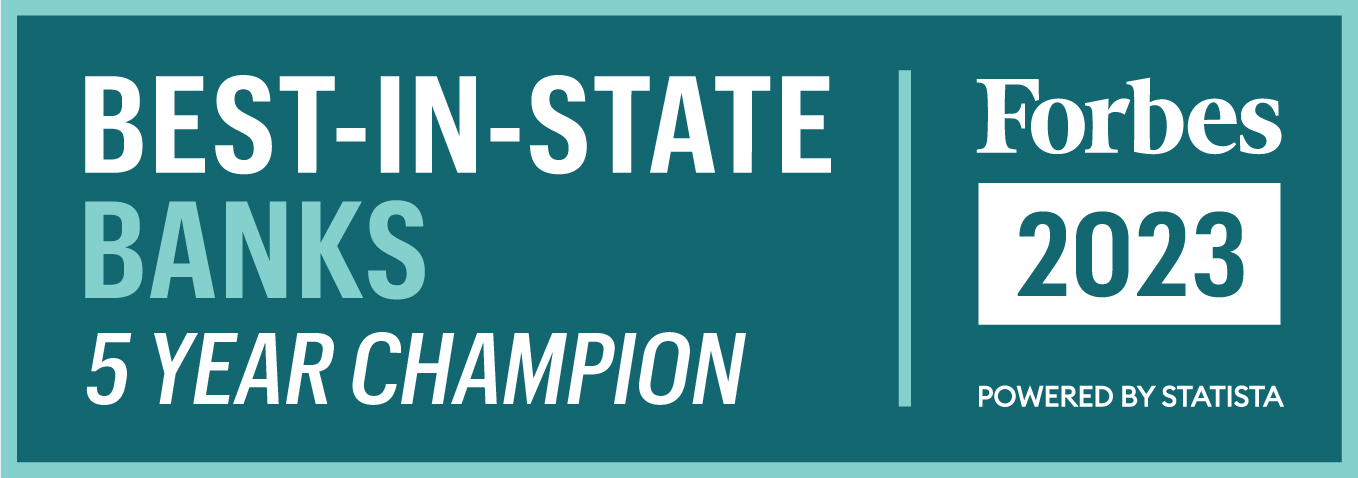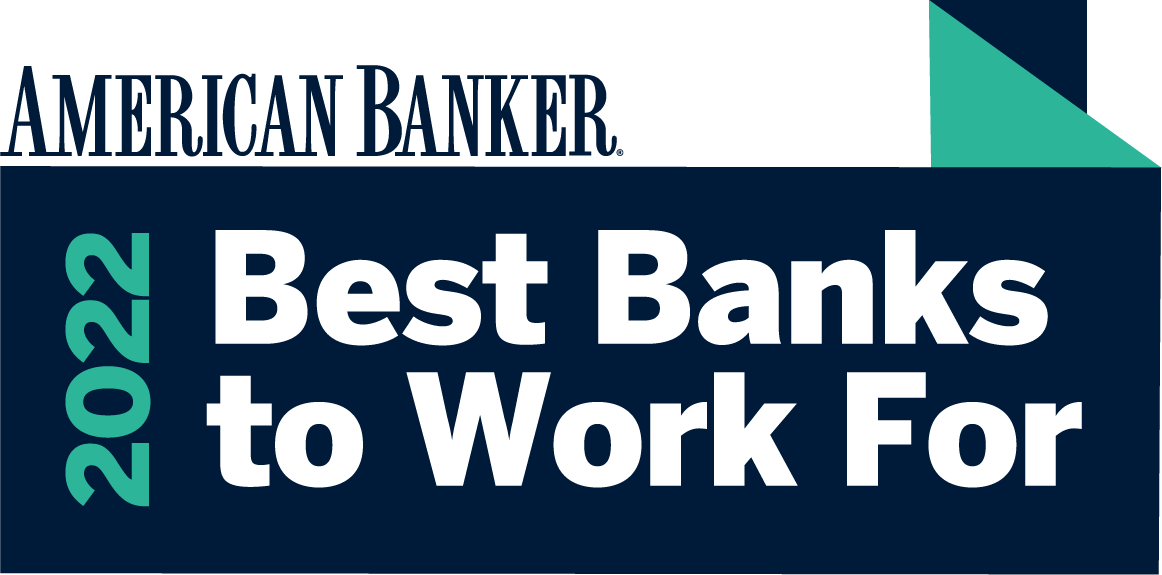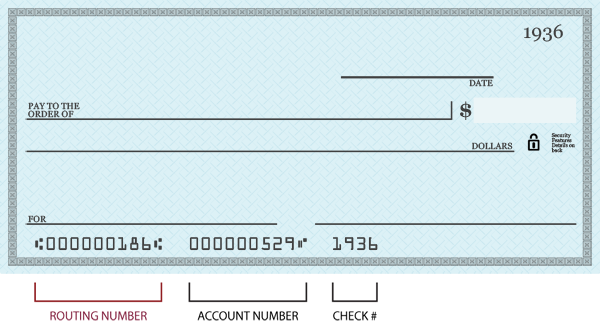Take some time to ensure your financial habits are in tip-top shape. Here are five tasks worth adding to your spring cleaning to-do list.
- Throw Away Old Paperwork.
Gain more space in your filing cabinet by shredding documents and receipts that are no longer needed. As a general rule of thumb, birth certificates, marriage licenses, social security cards, life insurance policies, estate documents, military discharge papers, and other documents of similar nature should be stored in a safe and secure place indefinitely. Some important paperwork such as tax returns should be saved for seven years, but monthly account statements or credit card receipts only need to be saved until they are reconciled or new statements are received. When it’s time to get rid of sensitive documents, always take extra precautions to ensure to dispose of them properly. This is to safeguard your personal information from falling into the wrong hands.
- Polish Up Spending Habits.
Budget getting a bit lax? The sooner poor spending habits are put to rest, the better. Identify where your money is going each month, or week, to determine if there are specific areas that need to be addressed. Oftentimes the new year begins with great intentions to spend less and save more. However, as the year moves along, these intentions can fade. If you’ve managed to maintain good habits, keep it up! But remember, reviewing habits occasionally is worth your time to ensure you are always doing the most to meet your short and long-term goals.
- Pay Off Lingering Debt.
Lingering debt can weigh you down, especially when new expenses are on the horizon or savings goals remain unmet. Now may be the time to map out how to knock out a credit card balance or student loan once and for all. First, look for ways to cut back on spending. Dollars that remain unspent each month can be put toward an outstanding balance. Consider dining at home or pausing monthly subscriptions for a brief period. Two small adjustments can reap substantial benefits. If your debt situation is more complex, consider consulting a professional to discuss debt consolidation options. No matter the circumstance, there is always a solution.
- Close Old Accounts.
When accounts go idle, it’s easy to let time pass without taking action. Do you have a retirement account through a past employer that is no longer being contributed to? What about an old savings account at a financial institution you no longer have an active relationship with? Simplify your finances by consolidating whenever possible. This may mean rolling an old 401K into an IRA or closing a bank account altogether. When considering old credit card accounts, remember closing them may have an impact on your debt-to-credit ratio, which could ultimately lower your credit score. If you do need to close a credit card, close the one that you have had for the shortest period of time – cards that you have had for a long time can be better for your credit score; keep the card active, but don’t use it. Also consider lowering your credit card limit on some of the cards you keep, especially on cards with no annual fee. If the card doesn’t have an annual fee, it may be better for your credit score to keep the card active, but let it go unused.
- Consult with a Financial Advisor.
Turning to a trusted financial professional can provide the support needed to turn intentions into actionable plans. A financial advisor can assist with a range of financial aspects from investing and saving for retirement, to estate planning. Their expertise and guidance will help you put your best foot forward whether plans need to be developed from scratch or existing plans need to be reviewed and refined.
Incorporate these five easy tasks to ensure your financial habits are in order for the warmer days ahead. Taking the time once a year to clean up your finances and review your habits will put you in a better financial position.




